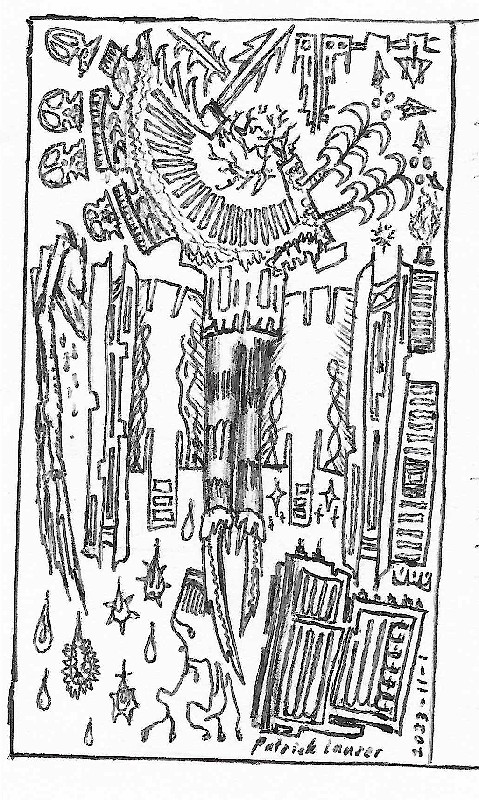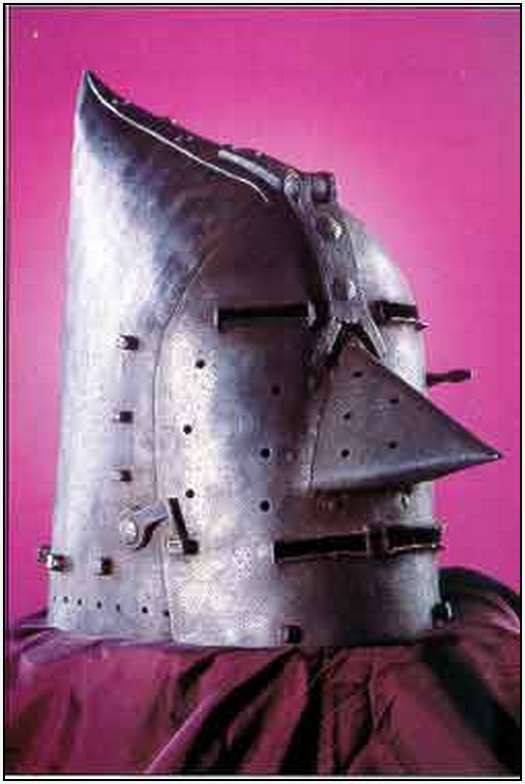Watch
Events
Articles
Market
More
Prayers appreciated please I have doctor's today I'm in alot of pain with my back and hips today I've had on going health issues for past year but been detoxing and parasite cleansing for the last year yah been showing me alot of herbs and natural healing. Please pray as I'm now going doctors as this daily pain is effecting my normal daily life stopping me from having a life doing normal stuff ?



Pretty well describes many aspects of the hypocrisy in our politics.
https://twitter.com/robertdunl....ap947/status/1719809
No she didn’t?, oh YES SHE DID?! This woman KNOCKS IT OUT OF THE PARK?! I double dare you to give her a listen?
Bobby D? (@robertdunlap947) November 1, 2023
pic.twitter.com/339NfLi4gQ



Sacrifices in the new earth???
My reading this morning took me to Jeremiah 33, which talks about the restored/returned Nation (verse 11) and Yeshua on the throne (verse 17). I take it that this is refering to the time starting at the millenial reign, but does it continue into the new earth?
So Thanksgiving Offerings are restored. I take it that these are the burnt offerings presented on the altar as Levites and Priests are restored for continual burnt sacrifices (verse 18), so it is a physical sacrifice. Not for sin, but for thanks as there is no more sin on the new earth. These sacrifices are described by Father as "a sweet aroma" in Exodus 29:18, the offerings that pleased Him included the burnt, grain, and peace offerings. These were termed "sweet aroma offerings" in Leviticus 1:9, 2:2, and 3:5, reflecting the offerer's deep devotion to Him.
Is my understanding correct about Jeremiah 33 that thanksgiving sacrifices will resume when Yeshua returns and continue forever?



Prayer -- Day 11
Ask Elohiym
“You will guide me with Your counsel, and afterward receive me to glory”. (Psalm 73:24)
Is a problem weighing on your mind? Adonai Elohiym is thinking and working along with you. If you put every problem in YHVH’s hands, ask Him to give you the right answer, believe that He is doing just that and take the guidance as it comes, your decisions will turn out right.



The upper cupboard of Slivven, a Bellchanter kobold pyreordean of Kilttone.
(Gibbsen's story will continue tomorrow. ?)
Talk to me about people who make intriguing Strange things!
Every working day I create an OOM for the Strange things of our Maker.
ofourmaker.com
#dailycreatedoom 2023/1 1/01




This OOMlich headgear, apparently used in some form of torture.
https://www.moolf.com/interest....ing/collection-of-mo
Tell me about a Strange thing that intrigues you!
Every working day I post an OOM for the Strange things of our Maker.
ofourmaker.com
#dailyoom



